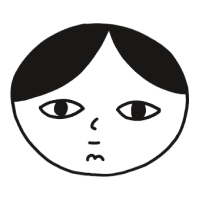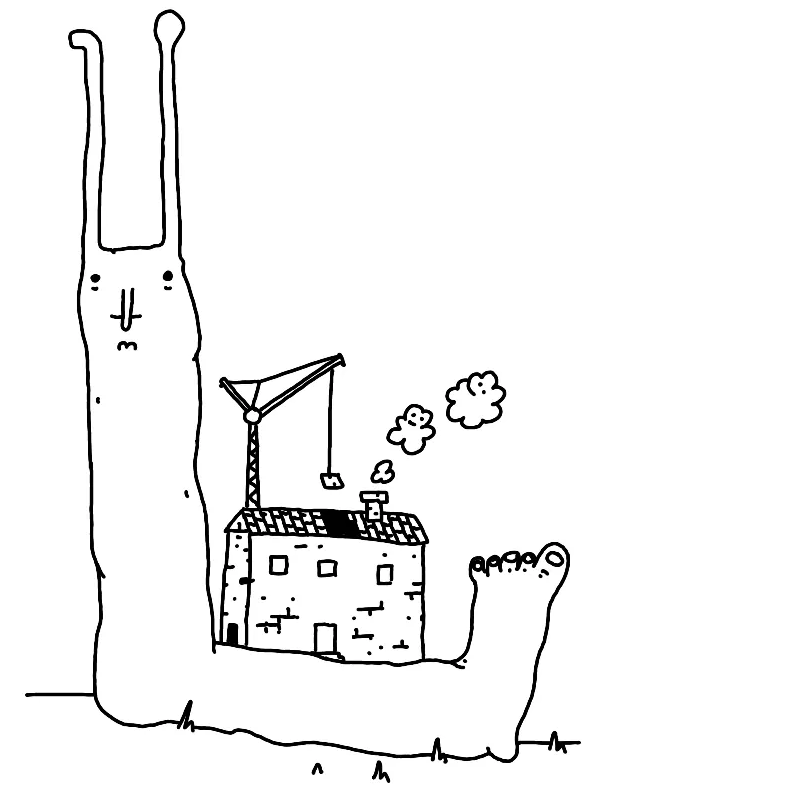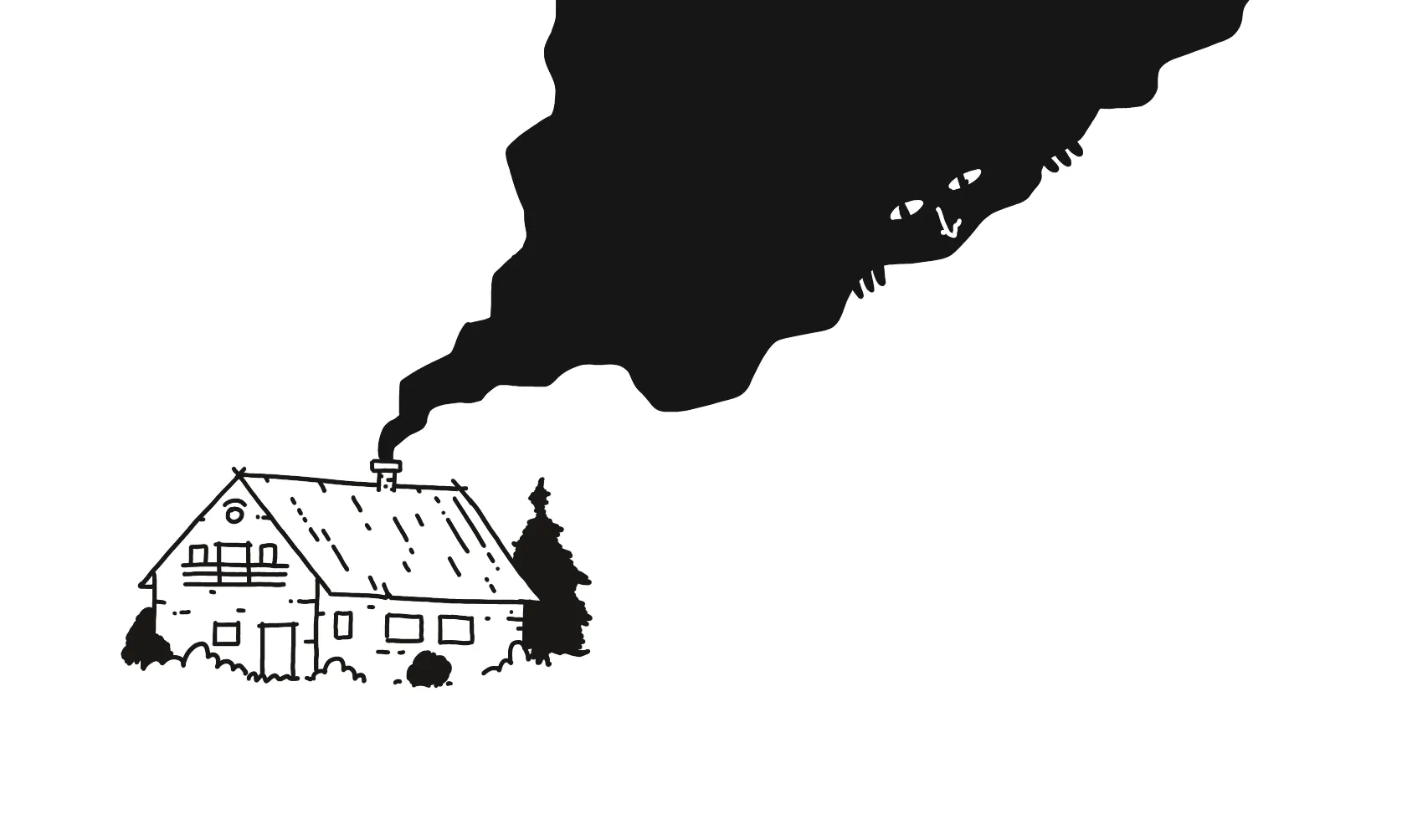Featured in today's episode:
- a brief, and complicated history of carpentry in Galicia (not that one, the other one)
- a list of things I made to support my own well-being
- useless linguistic trivia
Galician Carpentry crash course
I grew up above a carpentry workshop. The past 4 generations of Pastuszaks were carpenters (with enough fingers for only 3 generations, but I digress.) The constant sound of the Cadillac-shaped woodworking machines hummed through the floor from below. It wasn't loud and I didn't mind. To this day this sound helps me fall asleep.
In fact my whole town was full of carpenters. And in a town full of carpenters everything, from tools and buildings, to the carved rays of light in the altar of the church, is made of wood. The place, somewhat ironically, is called Kamionna (Town of Stones). People in Kamionna preferred making their own things.
I broke the family tradition at the ripe age of 9 when I decided to keep all my fingers and I moved to "modern carpentry". I cobbled together my first computer program, some time around 1997, late at night, when my dad was asleep. I still kept the same approach to work/play: we had plenty of toys, but we still made our own from wood, or "3d print" replacement parts for whatever was broken.
Fast forward 2 decades. When I was writing Sit., I noticed a pattern: I had built some of my favourite and most useful projects while trying to solve a problem related to my own well-being, especially my mental health.
Examples of those problems include:
- short attention spans,
- anxiety,
- nicotine dependency (it comes and goes, like seasons),
- helping me become more present, focused,
- helping me remember that the world is not ending yet, or
- that I've been speaking at 150 words per minute and my interlocutor is scratching their neck because they've been nodding so fast they're worried it might fall off so I should slow.the.fuck.down, or
- that I write Willem Dafoe-style confusingly long sentences.
So here's a list of the things I've built for myself which eventually proved useful to others. I will follow up with longer descriptions of these projects in separate posts, so I'll keep these brief for now.
A non-exhaustive list of things I built for my own well-being
Ensō
Why:
- to find a space for myself to think
- to improve fluency when writing
- to have an excuse to write daily
- to build the smallest possible thing
- more whys
So far:
I've been writing almost every single morning since it launched. 1 million (!) words later it's hard to imagine myself stopping. Bear in mind that, generally, I'm terrible when it comes to sticking with routines.
Ensō has a small but active user base. The free version is available and functionally almost identical to the web version, but people still pay me for it, even for the free Windows version.
Sit.
Why:
- to reclaim the time the attention economy steals from us, and to feel better
- to have an excuse to meditate daily
- to build something even smaller than Ensō
- to help people on HN/Product Hunt chill a bit
So far:
I use Sit. almost daily. I've made very few adjustments to it.
(working title) Goatspeed you! Black Phillip
It's a simple app reminding me to speak more slowly. I never published it, I just compile it locally. I'm lazy.
Why:
- to speak slowly
- to speak slowly when I'm stressed during online calls
So far:
I use it occasionally. The real value I got from it were the calls with people who contacted me after seeing the tweet, saying that they'd like to use it or that they were working on something similar. Speaking of which, check out Unblah by Alexis Rondeau. He's a brilliant engineer/product person/maker.
Say Hi!
Why:
- I left the UK during the pandemic and moved a smaller city (Porto, Portugal)
- I was worried I'd lose contact with the beautifully weird pool of people I met there
- I wanted to find new problems to solve
- I wanted to feel useful
So far:
People are kind.
Since I started these calls, I've met 120+ people this way. I have 2-3 calls per month on average although they seem to cluster. Writing this I realised that the sheer diversity of people I met through it, the ideas they brought, visibly changed my life. If you're thinking of making something similar, just do it. Or come and Say Hi and let met explain how to do it (or wait for another article).
Fig
Fig is a drawing app that helps you focus on the process of drawing without obsessing with the end result. Read more about it here.
Sonnet.io
Why:
- to learn and share what I've learned using my own voice
So far my voice is still there. It's a force multiplier for all of the other endeavours: People, who saw Sit. will go to my site, read a post about Ensō and try it out. People see something I made/wrote and give me a call to talk about their ideas.
This website
Why:
- reasons listed here
So far:
Still work in progress. I'm tired and the quality does vary, but it's a tonne of fun and people seem to find it useful. I don't have comments, but people send me messages via email. My favourite part is following the domains on their email addresses and seeing the stuff they made. I learned a lot about typewriters recently.
The promised useless linguistic trivia:
Polish speakers call Guinea Pigs, "experimental bunnies" (królik doświadczalny). I'm my own "experimental bunny" and my bunny cage is a foldable piece of aluminium that can do maths, and an Apple Pencil.
Whatever lab-related adjective + animal name you are, I'd love to hear about your work, come and say hi or leave a message here.
DISOBEY
Why
%% TODO %%
 Did you enjoy reading this article? Consider
Did you enjoy reading this article? Consider 
